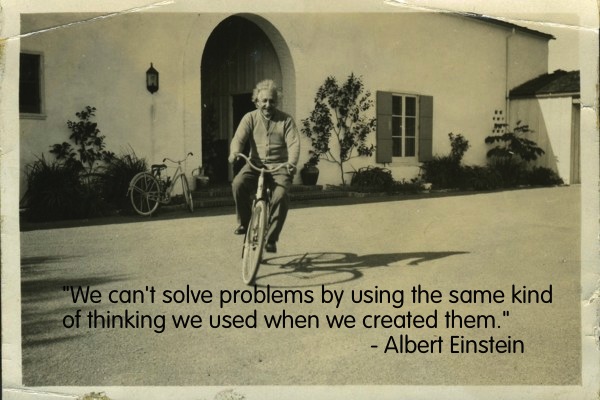Resilient organisations transform, adapt and grow through mindful conversations and through breaking old automatic-pilot patterns. Sounds nice but what does it actually mean?
Mindful conversations
A book like to refer to in my work is Difficult Conversations. How to Discuss What Matters the Most. Mindful conversations are often difficult conversations, and they entail a level of respect, honesty and willingness to listen actively and speak from the heart.
If such conversations happened on a regular basis, organisations would be transformed.
I recently witnessed the power of such approach in a staff retreat. The reality is that for such conversations to transform an organisation from within, they need to become part of a way of working and being together, rather than a technique to be used occasionally in retreats or workshops. To do so we need to break habitual patterns (the first being: ‘we don’t have time for this’).
Stepping out of the automatic pilot to deal with conflicts
We generally approach conflicts and difficult conversations relying on three automatic reactions:
1. Aggressive (fight): when we feel criticised, we attack. The payoff is a momentary feeling of ’empowerment’, but aggression or teaching the other a lesson tends to result in responses that increase the level of conflict.
2. Passive (freeze): when we feel criticised, we become ‘doormats’ and are overly accommodating – anything is better than having a conflict!
3. Passive-Aggressive (flight): when we feel criticised, we avoid engaging in conversations, e.g. we are always busy and have no time when asked to face difficult issues.
These automatic reactions serve their purpose if we are in a dangerous or life-threatening situation, but tend to be rather damaging in a work-environment, especially when operating in difficult contexts. Nevertheless these are the methods we adopt to tackle conflicts at work. Here we may want to keep in mind Einstein’s insight: “We can’t solve problems by using the same kind of thinking we used when we created them.”
The Collaborative Approach
A fourth way to deal with conflicts is the collaborative approach. This is what mindful conversations are about. A collaborative approach does not come naturally, it entails an ability to respond (response-ability), rather than instinctively react.
We are simply not used to taking a moment before opening our mouth, and we easily get caught up in anger and self-righteousness. Both reactions tend to spiral difficult situations even further. Plus, we tend to judge ourselves by our intentions and others by their actions. Which adds to the misunderstanding and confusion.
A collaborative approach is about contribution and responsibility, rather than blame or good/bad intentions. It opens the space for mutual listening and understanding. When facing a conflict the question I ask is: “Do I want to be right, or do I want to work together in a better atmosphere?”
Planting a seed
By opening up the space for mindful conversation we are planting a seed. I love to share the story of the bamboo to exemplify how wise growth and change take root:
“It is said that there is a very special variety of bamboo in China. If you sow seeds of this type on fertile ground, you have to be very patient. Nothing happens for years; there are no green shoots or any sign at all for the first, second, third, or fourth year. The fifth year, something green pushes through the soil, and then it grows 40 feet (12 meters) in one year. The reason is simple, for years nothing happens on the surface, but the bamboo is developing prodigious roots until it is ready to manifest in the world.”
Patience, perseverance and trust are some of the ingredients of a process of inner/internal transformation that is much needed in organisations that aim to alleviate suffering and change the world around them.
In my world human relations are between complex and chaotic, and anyone expecting an ABC recipe to get over conflicts will be disappointed. What mindfulness can teach us is the wisdom to know when to engage, when to wait and when to let go. Does your organisation have room for mindful conversations? Does it have room for this kind of wisdom?
***
The Story of the Bamboo is from the book Invaluable Lessons from A Frog: Seven Life-Enhancing Metaphors by Olivier Clerc


